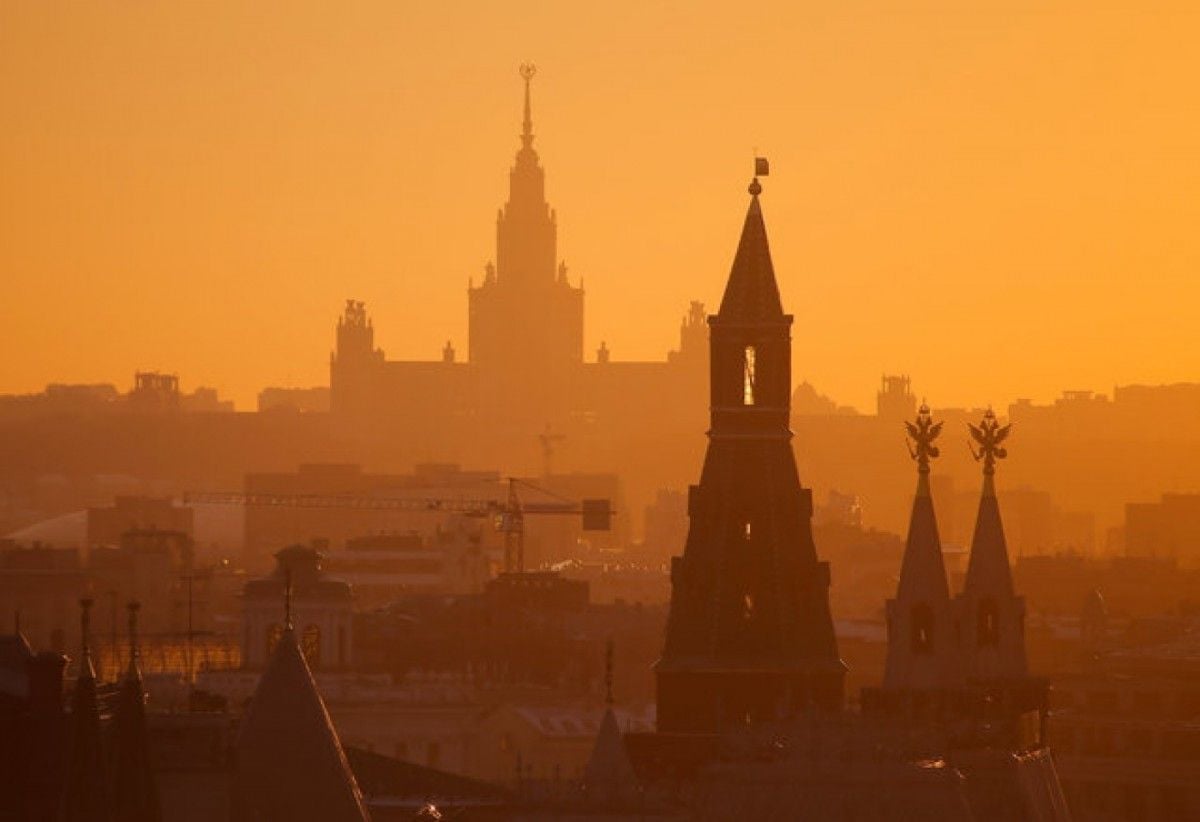
A bill has been tabled in the Russian parliament, which would ban any public statements likening the roles played by the USSR and Nazi Germany in World War 2.
The bill has every chance of passing into law by the 82nd anniversary of the secret agreement between Hitler and Stalin that resulted in the invasion and carving up between Germany and the USSR of what was then Poland, the Kharkiv Human Rights Protection Group wrote.
"The Soviet Union's active collaboration with Nazi Germany only ended when the latter invaded," the report reads.
Russia's Investigative Committee has already backed the ban, with its spokesperson stating that "attempts to re-write history must receive a warranted response in the legal realm, just like any other actions which denigrate the symbols of military glory and insult the memory of the victorious nation."
Read alsoStalin, Lenin on billboards – new norm for occupied Crimea (Photo)"In conditions of a continuing information war, efforts are seen to rehabilitate Nazism both within our country and abroad, false assessments of the role of our country in the victory over fascism," the statement said.
Petrenko added that in September 2020 the Investigative Committee had created a department "for investigating crimes linked with the rehabilitation of Nazism and falsification of history."
Although the words may appear unobjectionable, they are not, KHPG notes, as a brief glance at how Russia's Law against the Rehabilitation of Nazism has been applied since its adoption in 2014 can show.
In June 2016, Vladimir Luzgin of Perm was convicted of circulating "knowingly false information" and fined a very steep RUB 200,000 for reposting an article on his social network page entitled "15 facts about Bandera supporters, or what the Kremlin is silent about."
It was specifically the following statement that prompted the criminal charges:
"The communists and Germany jointly invaded Poland, sparking off the Second World War. That is, communism and Nazism closely collaborated…"
"This is indisputably correct; however, the first instance court found it to be 'false information' because it contradicted the facts set out in the Nuremberg Tribunal sentences. That verdict was upheld by Russia's Supreme Court on September 1, 2016, the 77th anniversary of Nazi Germany's s invasion of Poland, 17 days before the anniversary of the Soviet invasion from the east. It is now awaiting examination by the European Court of Human Rights," the report reads.
The scope of the new norm to be added to the law ‘On immortalizing the Victory of the Soviet people in the Great Patriotic War 1941-1945’ is so alarmingly broad, rights activist Halya Coynash notes, that it could outlaw the works of countless historians, as well as many works of literature.
Read alsoIn occupied Donbas, it's Happy "Stalintine's" DayIndeed, all of Soviet Ukraine, Belarus and large parts of the rest of the Soviet Union were occupied by the Nazis who committed the most horrific atrocities and crimes against humanity. It was the Nazis who systematically murdered men, women and children as part of their monstrous "Final Solution."
However, the authors claim they wish to retain space for historical research and discussion, including of specific actions and specific individuals, is difficult to take seriously. The fact that the Nuremberg Tribunal, where the Soviet Union wielded considerable control, did not mention the USSR's invasion of Poland in September 1939 was used by the highest court in Russia to justify the conviction of Luzgin for reposting material that spelled out the historically indisputable Soviet-Nazi collaboration.
"Given that conviction, why would historians and any ordinary person, including in Russian-occupied Crimea, believe it safe to write about equally indisputable facts, such as the murder by the Soviet NKVD of 22,000 Polish officers and others in 1940, or the horrific rapes and killings committed by many, though of course not all, Soviet soldiers in liberated Germany," the report reads. "While Crimea remains under Russian occupation, the law will make it even harder to publicly speak or write about Stalin's act of genocide in deporting the entire Crimean Tatar people."
The law will have a chilling effect on anybody planning to research or write about the said crimes; about the military blunders and bloody crimes committed by Stalin; the atrocities perpetrated by the NKVD in Western Ukraine (which had been under Poland), and the Baltic states and the deportation of entire ethnic groups, Halya Coynash stresses.
Such repressive laws are able, and certainly intended to, change the facts young people grow up believing to be true and stifle any real discussion and research in Russia and occupied Crimea.
"It is no accident that during the last decade, the attitude in Russia to Joseph Stalin has become frighteningly positive," the report reads.

